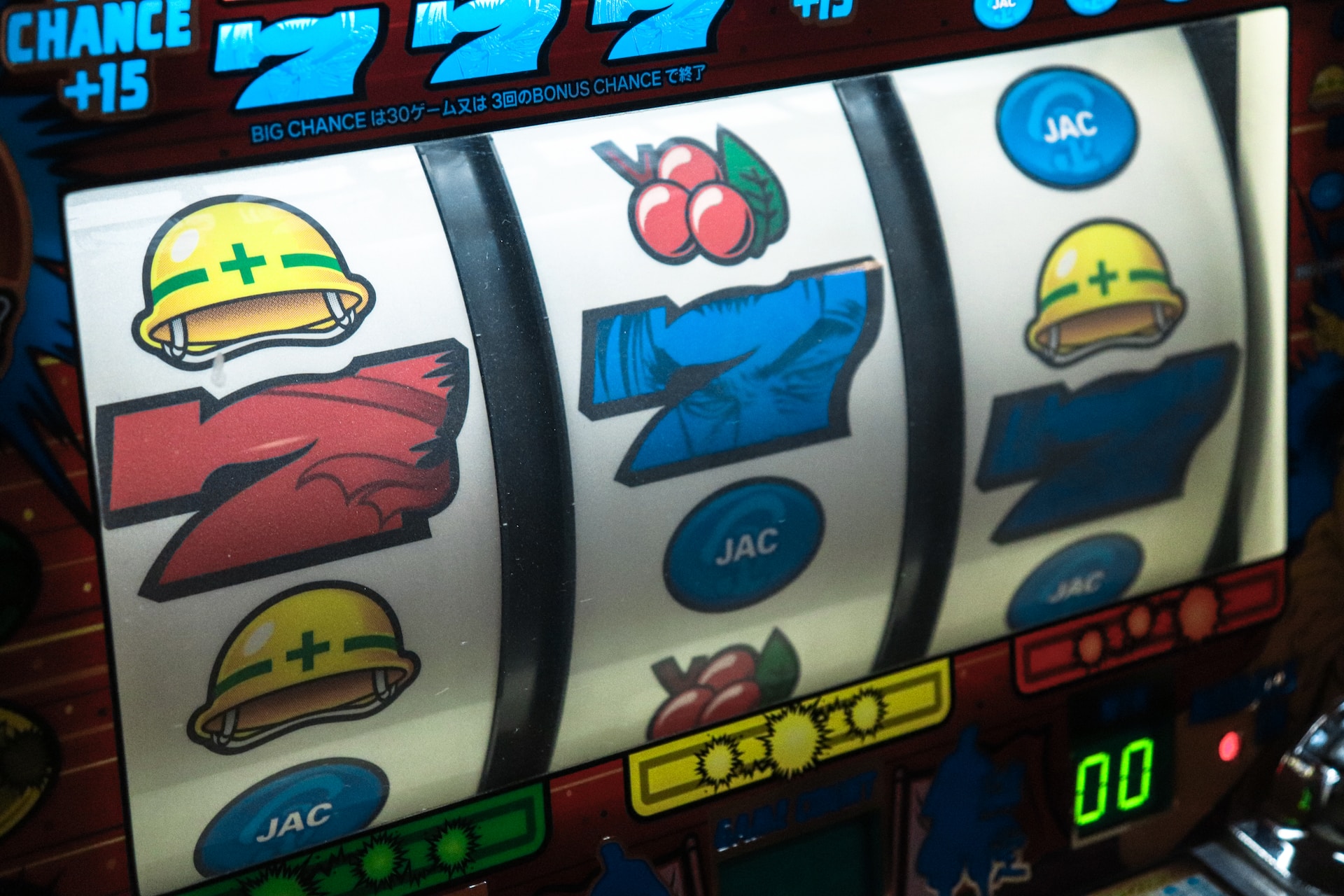Progressive Jackpot Slots: Things Casinos Don’t Want You to Know

These games have taken the casino industry by storm, captivating players with their immense prize pools that keep growing big until someone strikes it lucky. But as revealed at handelsblatt.com, behind the glitz and glamour lies a few secrets that casinos would rather keep under wraps. Today, we’re pulling back the curtain and revealing some things about progressive jackpot slots that they don’t want you to know.
The Payout Percentage of Most Progressive Slots Change Frequently
 Did you know that the payout percentage of most progressive slots actually changes quite frequently? That’s true! When you sit down at one of these machines, you might assume that the odds are set in stone. But that’s not always the case. You see, casinos have the ability to adjust the payout percentages on their slot machines. When it comes to progressive slots, they often do just that. This means that even if a machine has advertised a certain payout percentage, it could be different by the time you start playing.
Did you know that the payout percentage of most progressive slots actually changes quite frequently? That’s true! When you sit down at one of these machines, you might assume that the odds are set in stone. But that’s not always the case. You see, casinos have the ability to adjust the payout percentages on their slot machines. When it comes to progressive slots, they often do just that. This means that even if a machine has advertised a certain payout percentage, it could be different by the time you start playing.
Why would casinos do this? Well, it all comes down to maximizing profits. By tweaking the payout percentages, they can control how much money is paid out to players versus how much goes into their own pockets.
Using Maximum Wagers Is the Key to Maximum Chances
Progressive jackpots work by pooling together a portion of each wager placed on the game and adding it to the jackpot total. By requiring players to make maximum wagers, casinos ensure they’re contributing their fair share towards potentially winning that massive payout. Think about it – if everyone could win the jackpot by betting just one penny per spin, it would quickly diminish the excitement and allure of these games. The higher your wager, the larger your potential slice of that tantalizing pie becomes. Of course, playing with maximum bets doesn’t guarantee success every time. It simply increases your chances of hitting that life-changing win.
Standalone Machines Don’t Guarantee Better Odds
 Let’s get real. How many times you’ve heard or read that standalone machines offer better odds of winning? But here’s the thing: that assumption is not always accurate. Let me explain. Standalone machines are essentially independent units that are not linked to other machines in the casino. This means they have their own separate jackpot and do not contribute to a larger pool like networked progressive slots do. While some may argue that this independence gives standalone machines an advantage, it’s still determined by the random number generator (RNG).
Let’s get real. How many times you’ve heard or read that standalone machines offer better odds of winning? But here’s the thing: that assumption is not always accurate. Let me explain. Standalone machines are essentially independent units that are not linked to other machines in the casino. This means they have their own separate jackpot and do not contribute to a larger pool like networked progressive slots do. While some may argue that this independence gives standalone machines an advantage, it’s still determined by the random number generator (RNG).
In fact, some experts suggest that networked progressives actually offer higher chances of winning because more players contribute to the prize pool. With more players participating, there is a greater likelihood of someone hitting the jackpot sooner rather than later.
Understanding these aspects can give you an edge when playing progressive jackpot slots at casinos. So next time you visit a casino and decide to try your luck on those flashy progressive slot machines with their tantalizing jackpots, remember these important takeaways and gamble responsibly.


